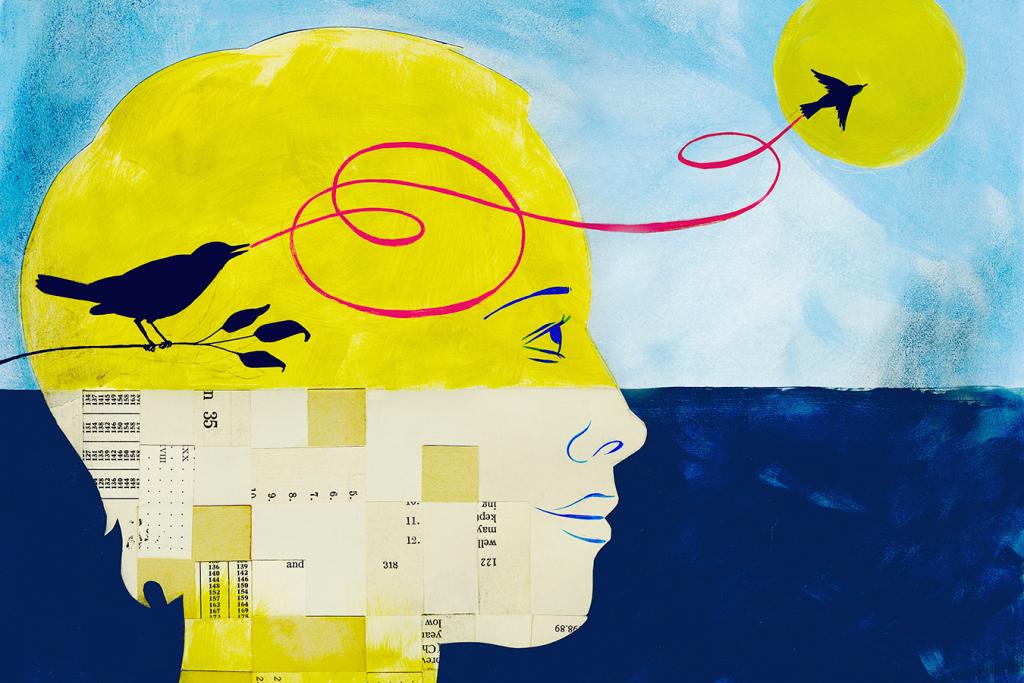As physicians and health policy experts debate the merits of Aduhelm, the first new drug approved for Alzheimer’s disease in 18 years, patients want to know: “Will this medication help me—and how much?”
Doctors explaining the pros and cons of Aduhelm won’t have a definitive answer.





